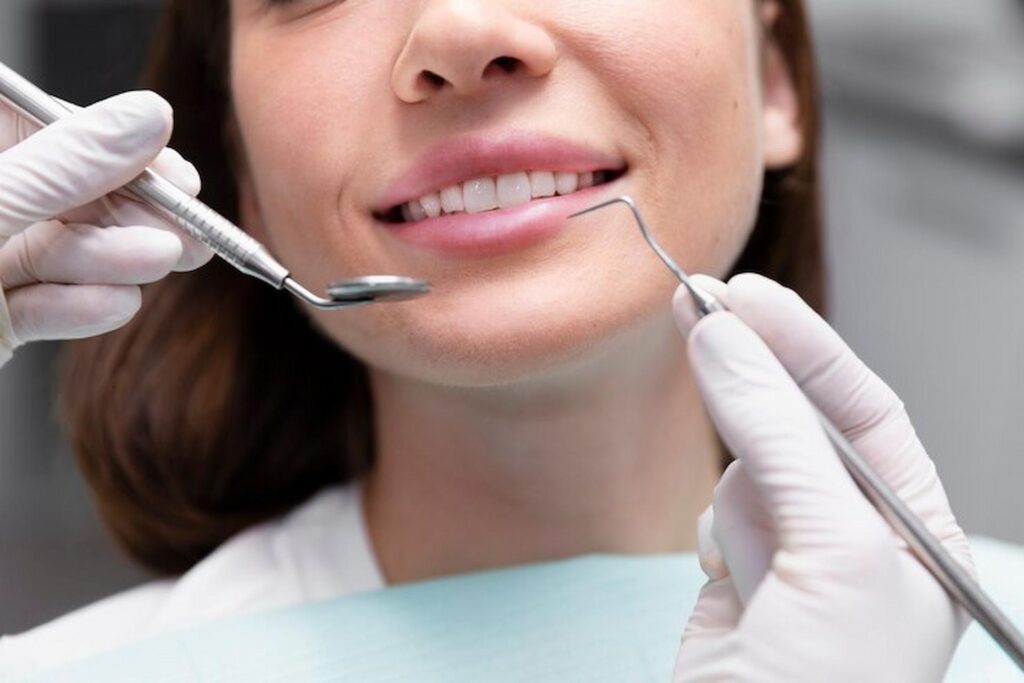There are, contrary to popular belief, different forms of dentistry which offer a variety of treatment services and results to clients.
Cosmetic dentistry in Essex and beyond is becoming more of an industry of its own – taking the hallmarks of reputable practices and renowned treatments and adjusting them for the cosmetic and aesthetic market. That is, they are as much about the impact on your smile and on your appearance as they are geared towards tangible and structural benefits for your teeth.
In this article, we’re seeking out the differences between traditional dentistry and cosmetic dentistry, so that you can recognise how the two coincide but serve different clients and demographics.
1. Cosmetic dentistry is about aesthetics and looks – in treatment as well as results
While cosmetic dentistry deals with the way your teeth look and the impact that your teeth have on your smile, traditional dentistry is far more concerned with the structure and function of your teeth.
And this is not necessarily exclusive to the results or the motivation behind specific treatments.
The rise in cosmetic dentistry is even having an impact on the way that treatments are marketed and offered.
The popularity of Invisalign as an alternative to traditional fixed braces, for example, not only provides lasting and efficient results but does so in a way that minimises the impact on your appearance. Invisalign is designed to blend into your teeth with aligners that slot over the teeth using a clear plastic – while fixed braces are far more obvious.
2. Cosmetic dentistry has direct links to mental wellbeing
When you look good, you feel good – right?
Because of this, cosmetic dentistry is as much geared towards mental well-being as it is your physical health. While classic dental work is all about how functional your teeth are and whether your mouth is in a good and healthy state, cosmetic dental work improves the alignment and look of your teeth so that you feel more confident when you smile.
3. Cosmetic dentistry tackles serious as well as surface-level problems
Sure, there are aspects of cosmetic dentistry which deal with malocclusion and uneven teeth that may have an impact on your ability to eat and drink as normal. But at the same time, cosmetic dentistry also covers treatments which are less critical, and which focus instead on surface-level issues – like discolouration and staining.
When you book an appointment with a cosmetic dentist, you benefit from an approach to dentistry which bridges functional safety and the structural integrity of your smile with the way it looks. Cosmetic dentistry is not just for those with a knock to their confidence – it can also be a beneficial option for clients with chipped teeth and wonky teeth which affect different aspects of their lifestyle.
Whatever it is you need, cosmetic dentistry coincides with traditional dentistry – but has a very different end goal driving it. For more information on the kind of dental service and support you need, get in touch with your local Essex dentist.

